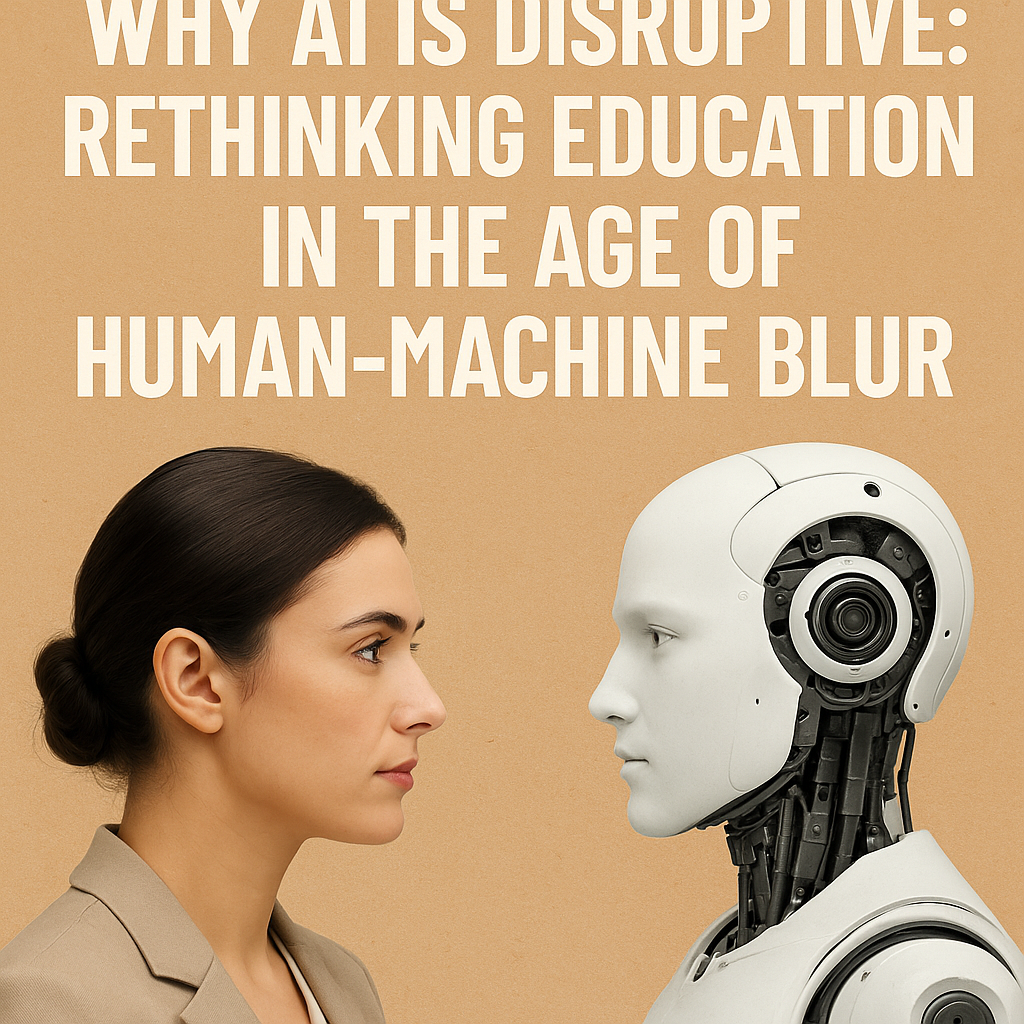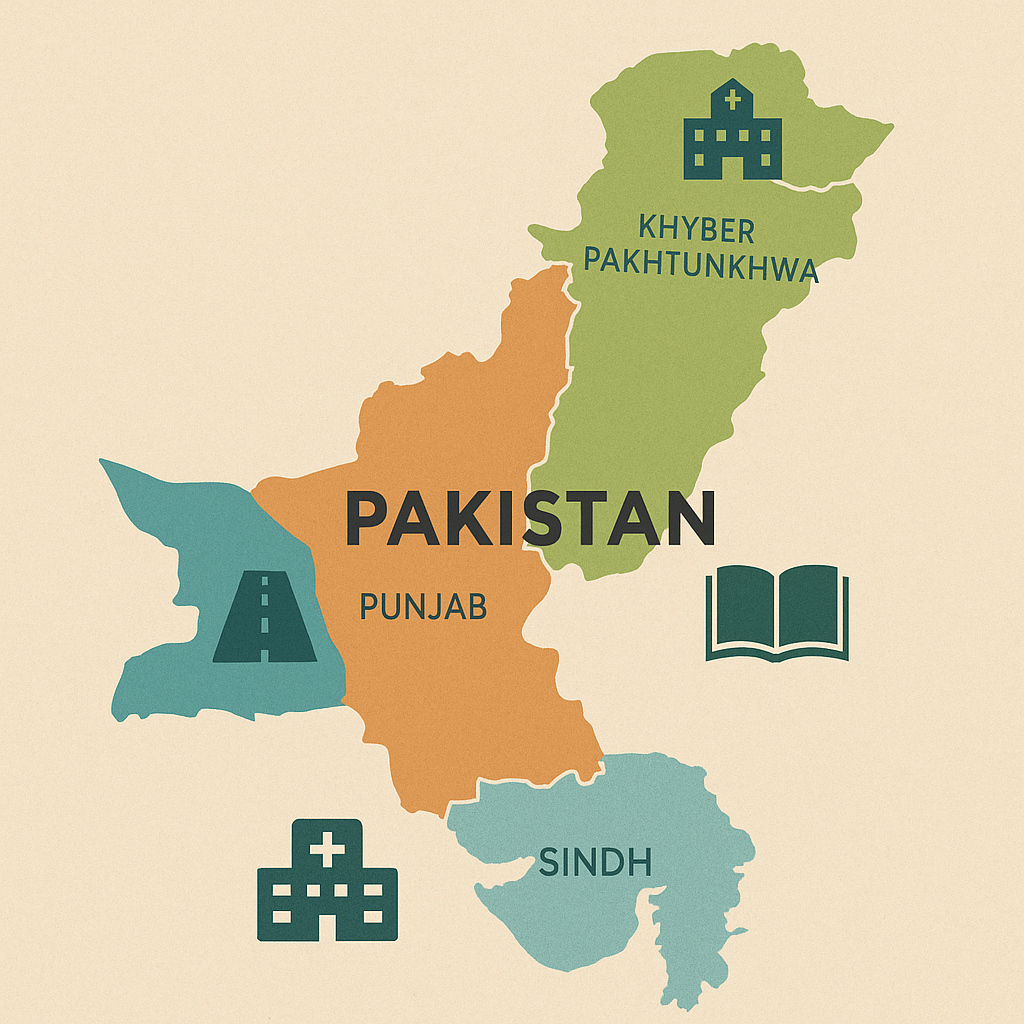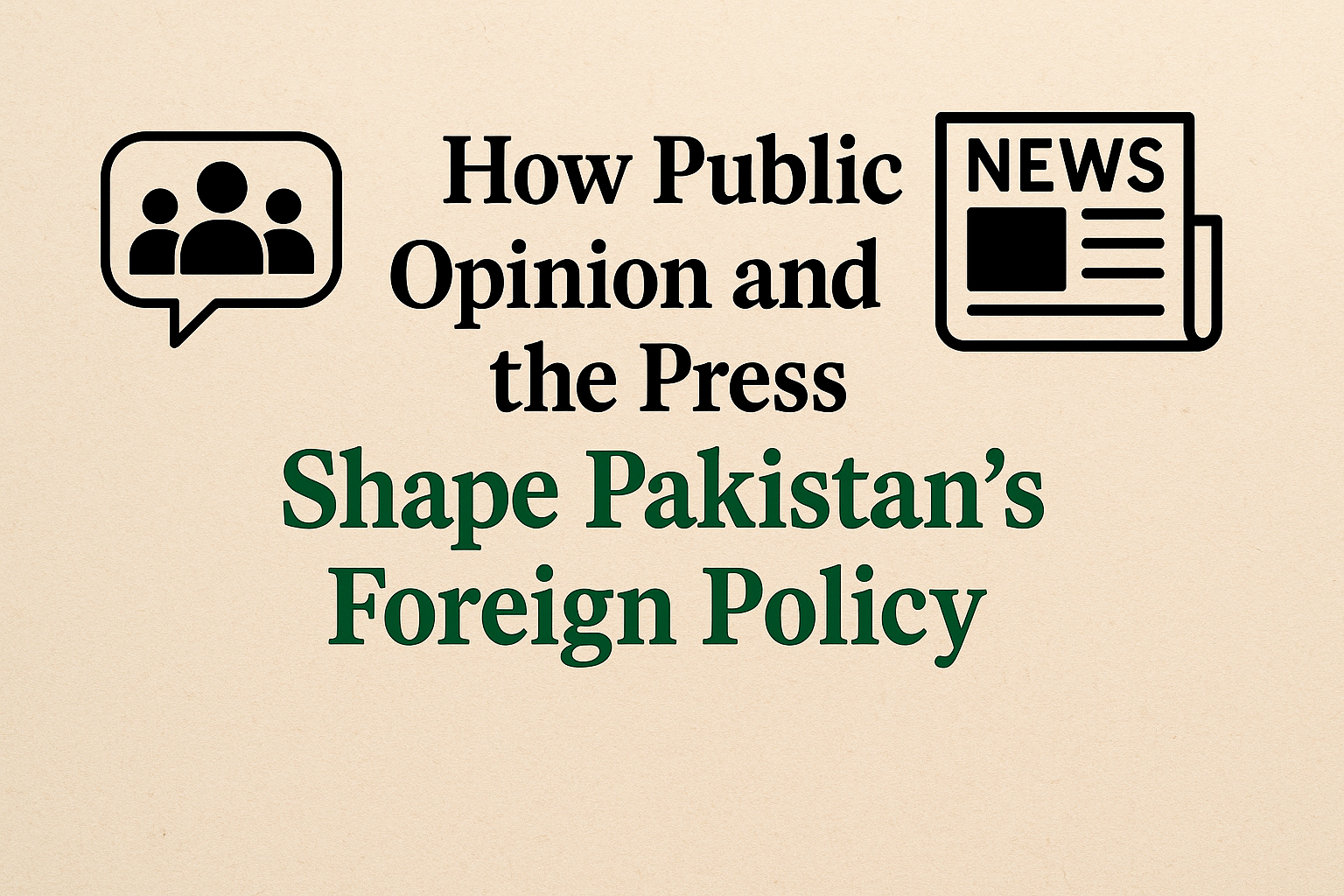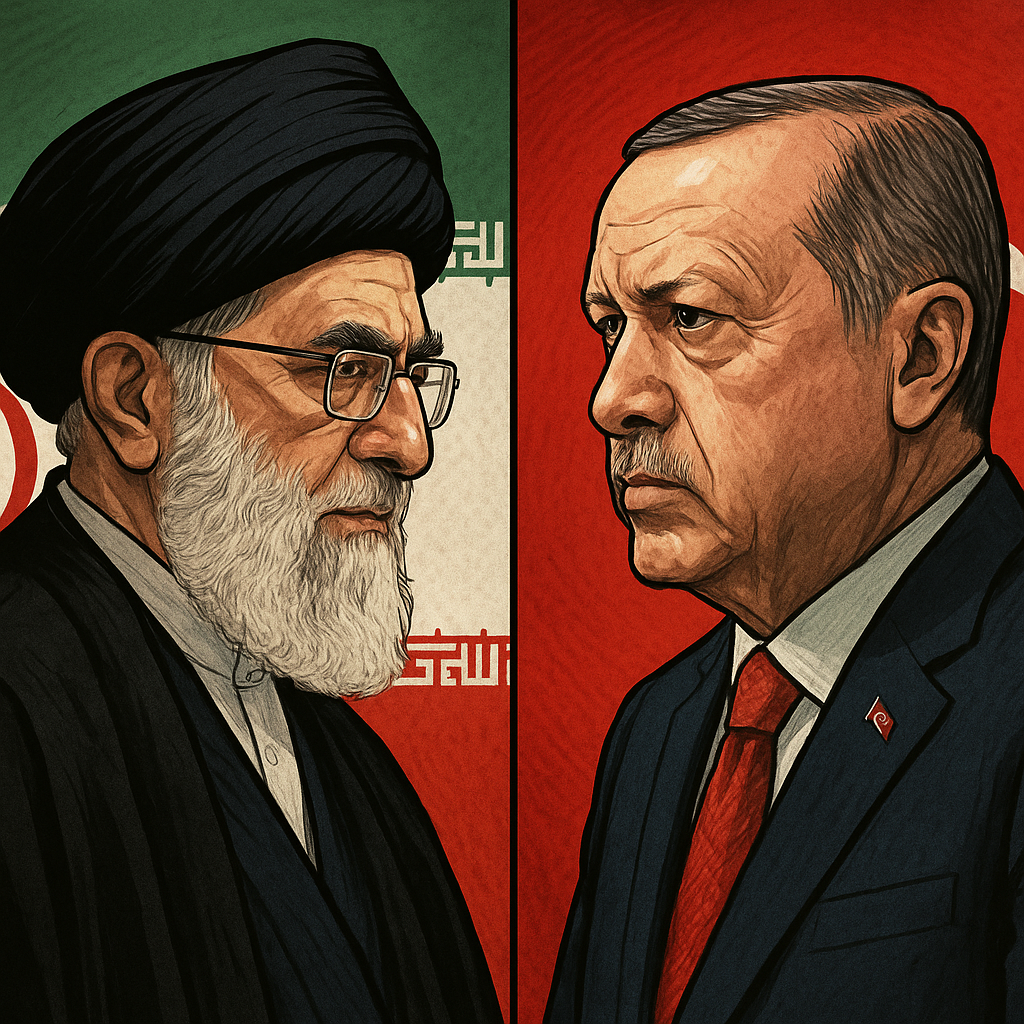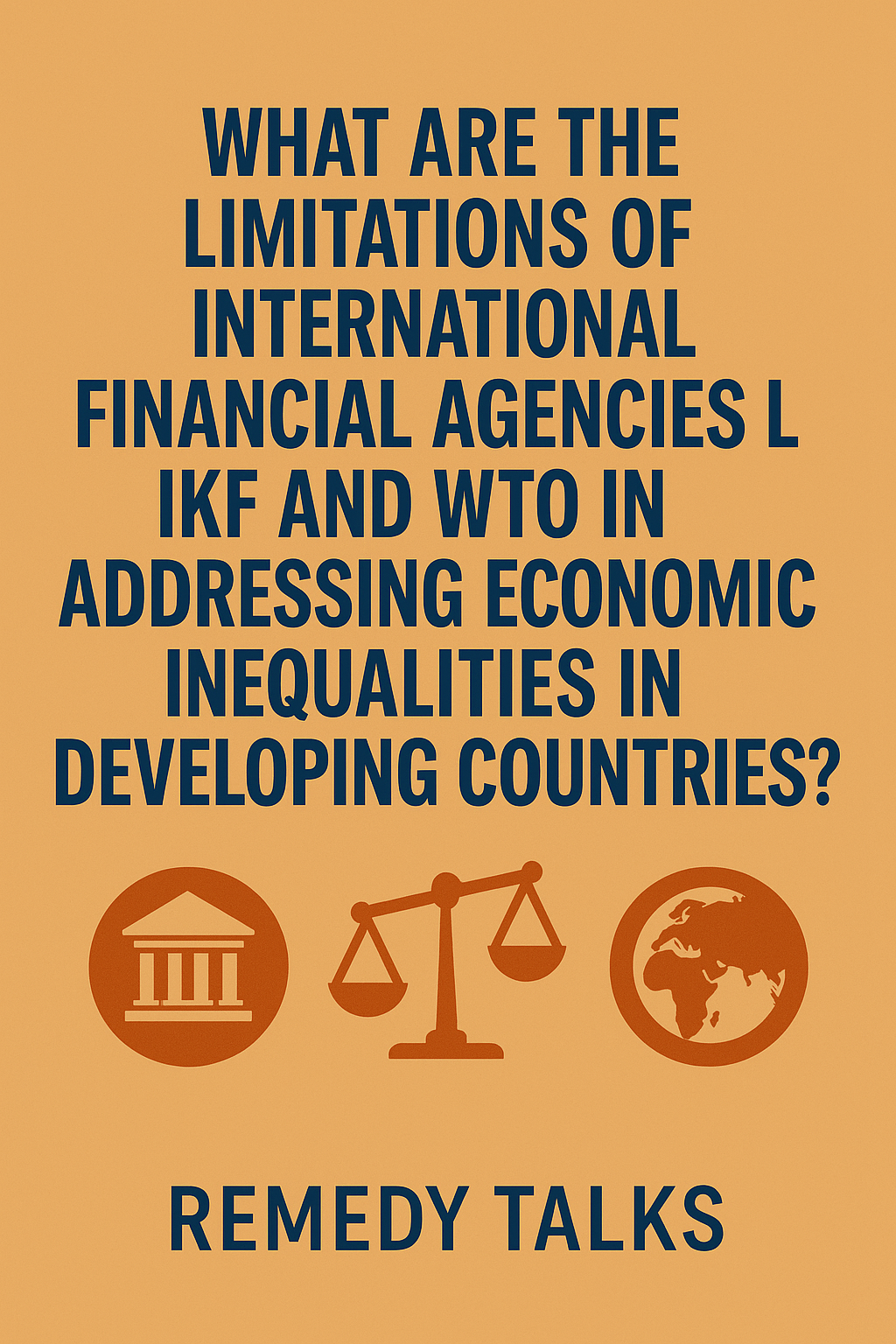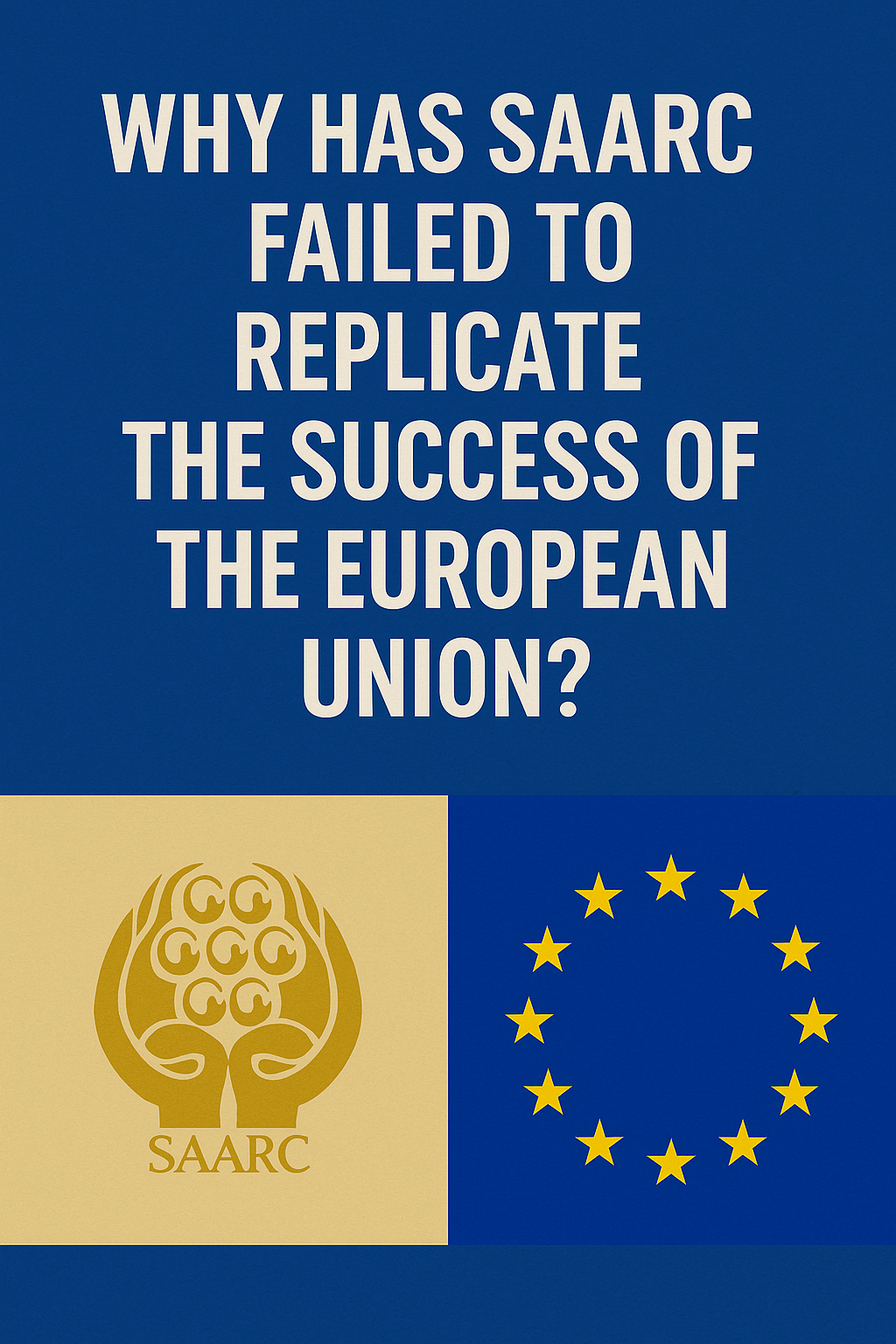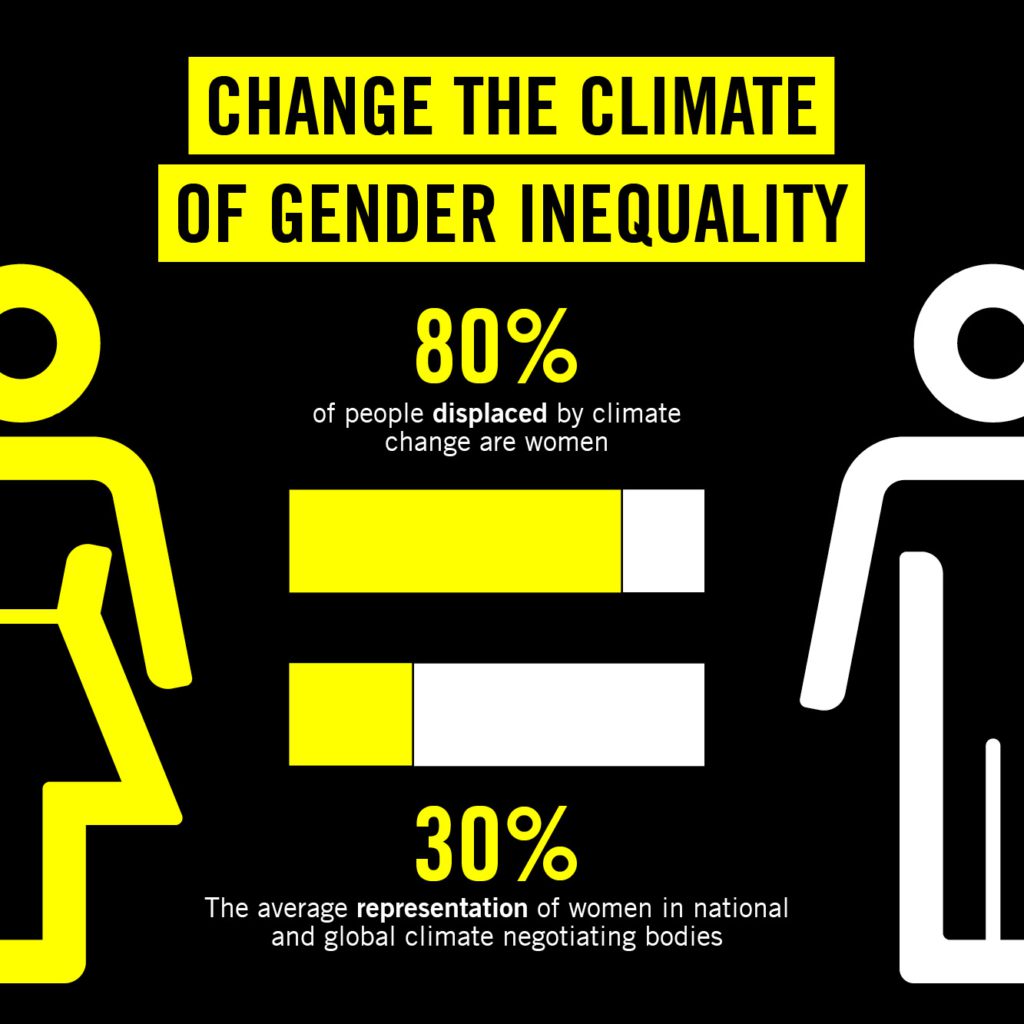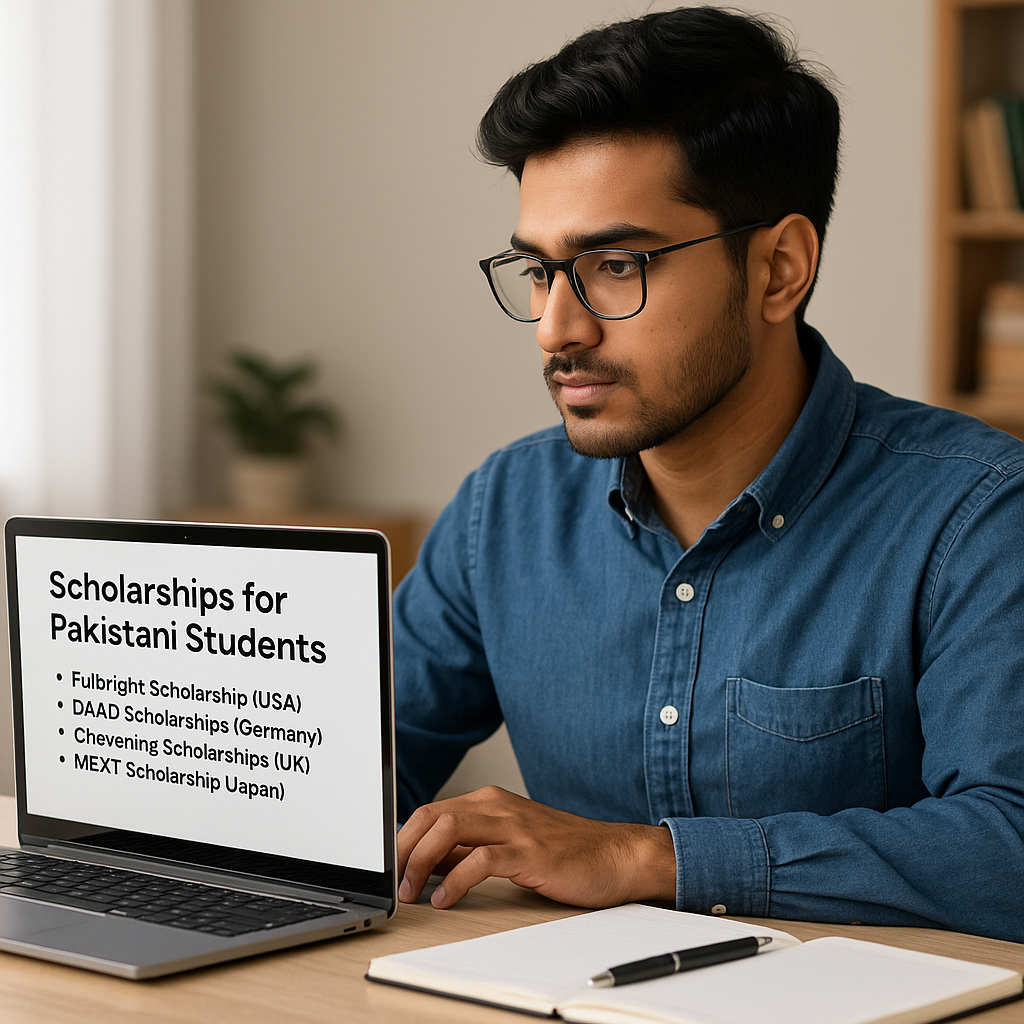Here’s a complete, step-by-step blog-style guideline to help you prepare for the upcoming Punjab Public Service Commission (PPSC) exam for the post of Sub‑Divisional Enforcement Officer (SDEO) under Punjab Enforcement & Regulatory Authority (PERA). If you’re aiming to clear this test, follow these sections carefully and tailor them to your situation in Lahore / Punjab, Pakistan
Artificial Intelligence isn’t just a new tool; it’s a force that is reshaping how we think, work, and learn. As philosopher Tobias Rees insightfully puts it, AI is not disruptive because it will outsmart us—it’s disruptive because it dissolves a boundary we once thought was unshakable: the distinction between human and machine. This realization is sending shockwaves through institutions, especially education, where the foundations of knowledge, assessment, and learning are being questioned. We are now in an AI moment—a turning point where urgent questions must be asked and honest answers must follow.
Pakistan is a country of diverse ethnic, linguistic, and cultural identities spread across its provinces. Yet, this richness has long been overshadowed by regional disparities and historical grievances. The uneven distribution of resources has led to underdevelopment in several regions, particularly Balochistan, Gilgit-Baltistan, southern Punjab, and parts of Sindh and Khyber Pakhtunkhwa.
Whether it’s outrage over a drone strike, admiration for a new foreign alliance, or emotional support for a cause abroad, public sentiment matters. And so does the media’s framing of that sentiment. Together, these forces play a growing role in shaping how Pakistan engages with the world.
In the Middle East, two nations stand out for their political influence, distinct governance models, and bold foreign policies: Iran and Turkey. Both countries are regional powerhouses, rich in history, culture, and geopolitical importance. Yet their leadership structures couldn’t be more different, and those differences have a direct impact on how policies are made — from the economy and education to diplomacy and national security.
International financial institutions like the International Monetary Fund (IMF) and the World Trade Organization (WTO) are often presented as global safety nets—designed to stabilize economies, promote trade, and reduce poverty. But for many developing countries, these institutions feel more like tightropes than safety nets. They come with conditions, restrictions, and expectations that often make it harder—not easier—to overcome deep-rooted economic inequality
At first glance, the South Asian Association for Regional Cooperation (SAARC) seems poised for success. With eight member countries—Afghanistan, Bangladesh, Bhutan, India, Maldives, Nepal, Pakistan, and Sri Lanka—sharing deep-rooted cultural ties, historical connections, and geographical proximity, many expected SAARC to evolve into a powerful regional bloc, similar to the European Union (EU)
As the effects of climate change become more severe, one harsh truth stands out: climate change is not gender neutral. Around the world, women and girls—especially in developing countries—face the harshest consequences of rising temperatures, natural disasters, and resource scarcity. The intersection of gender inequality and environmental degradation is not just a social issue—it’s a crisis we must address for any real progress.
If you’re a Pakistani student with dreams of studying abroad or pursuing higher education without financial strain, fully funded scholarships can open doors that once seemed impossible. With options available in the USA, UK, Europe, Japan, Saudi Arabia, and Australia, there are countless opportunities out there—but the key lies in knowing how and when to apply.
